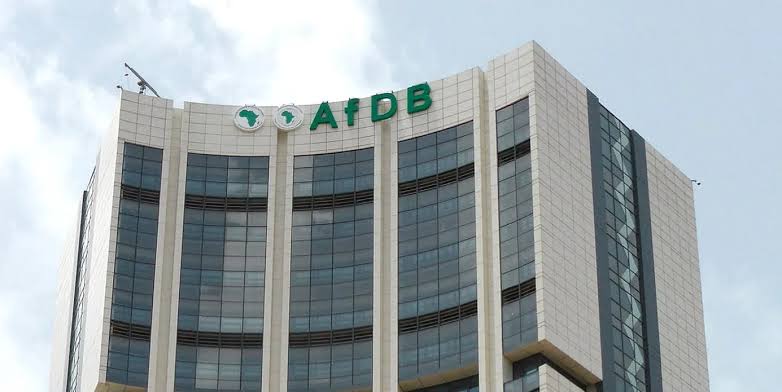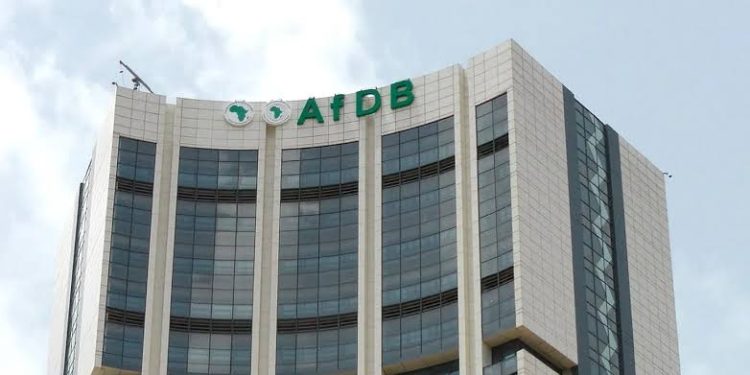In a landmark move poised to reshape Nigeria’s energy landscape, the African Development Bank (AfDB) has committed a $1.2 million grant to fund a crucial feasibility study for a Battery Energy Storage System (BESS).
This initiative, part of the AfDB’s broader Energy Transition Catalyst Programme, marks a significant step towards addressing the persistent challenges plaguing Nigeria’s national grid and accelerating the country’s transition to a more stable, sustainable, and inclusive energy future.

For years, Nigeria’s power sector has grappled with a litany of issues, from insufficient generation capacity and inadequate transmission infrastructure to frequent grid collapses and an over-reliance on fossil fuels.
ALSO READ: https://nationscuriosity.com/unmasking-the-pirates-ncc-shuts-down-major-p/
These challenges have resulted in a precarious power supply that hinders economic growth, limits industrial development, and impacts the daily lives of millions of Nigerians.
The introduction of large-scale battery energy storage systems, however, offers a powerful and scalable solution to these long-standing problems.
Dr. Abdul Kamra, Director-General of the AfDB’s Nigeria Country Department, emphasized the transformative potential of the project. Speaking at the inaugural workshop for the study, he explained that the initiative will explore how battery storage can stabilize the power supply, integrate renewable energy sources more effectively, and expand access to electricity for millions of underserved Nigerians.
“Battery storage is no longer a luxury; it is a necessity,” he stated, highlighting how BESS can improve grid stability, manage peak load pressures, and reduce the reliance on fossil-fuel-based peaking plants.
The feasibility study, which will be implemented in collaboration with the Transmission Company of Nigeria (TCN), is more than just a technical exercise.
It is a strategic blueprint for the future of Nigeria’s power infrastructure. The study’s scope is comprehensive, designed to provide a detailed technical, financial, regulatory, and environmental analysis of deploying BESS across the country. Key aspects include identifying priority locations for installation, proposing practical business models to attract private investment, and recommending policy frameworks to ensure long-term sustainability.
This holistic approach is critical to ensuring that the project is not only technologically sound but also economically viable and environmentally responsible.
A core benefit of BESS is its ability to serve as a buffer.
In a power grid, a key challenge is the mismatch between energy generation and demand. During periods of low demand, excess electricity from sources like solar and wind can be stored in the batteries. When demand surges, particularly during peak hours, this stored energy can be dispatched back into the grid, ensuring a consistent and reliable power supply.
This mechanism is vital for Nigeria, where the integration of intermittent renewable energy sources like solar is central to the country’s energy transition goals.
The Minister of Power, Chief Adebayo Adelabu, noted that BESS will play a pivotal role in enabling a deeper integration of renewables into both grid-connected and off-grid systems.
This is particularly important as the government aims to integrate a substantial amount of solar photovoltaic (PV) power into the national grid in the coming years. Battery storage systems, with their advanced “grid-forming” capabilities, can act as virtual generators, establishing voltage and frequency references that are critical for maintaining grid stability and resilience, especially during disturbances or outages.
Beyond its technical benefits, the project holds immense promise for social and economic development. By creating a more stable and reliable power supply, the BESS initiative is expected to stimulate industrial growth, attract new investments, and create employment opportunities.
A consistent power supply will enable businesses to operate more efficiently, reduce their reliance on expensive and polluting diesel generators, and ultimately contribute to a more robust and competitive economy.
Furthermore, by extending access to clean energy in remote and underserved areas, the project aligns with the AfDB’s broader Mission 300 program, which aims to connect 300 million Africans to electricity by 2030.
The AfDB’s $1.2 million commitment is a vote of confidence in Nigeria’s potential to lead the charge in Africa’s energy transition. While the feasibility study is just the first step, it lays the groundwork for what could be a monumental shift in how Nigeria produces, stores, and distributes power.
The path forward will require continued collaboration between the government, international partners, and the private sector, but with this significant investment, Nigeria is now on a clear trajectory towards a future powered by a more resilient, sustainable, and reliable national grid.


